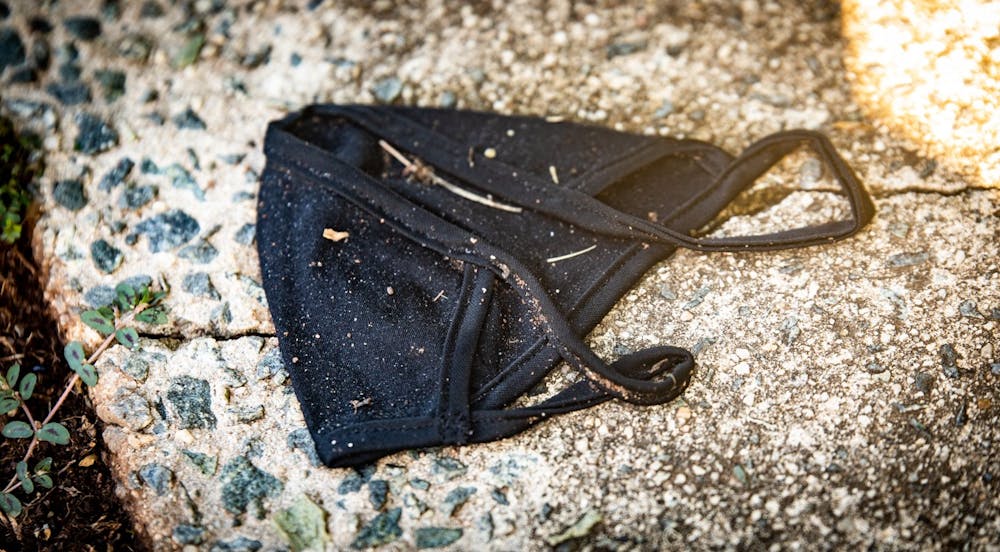Elon University is preparing to roll back the COVID-19 dashboard, asymptomatic testing and weekly community health email updates by Jan. 31.
The changes, outlined by Vice President for Student Life Jon Dooley in a November 2022 email, reflect growth in university policies and protocol.
“Since March 2020, the university response to the pandemic has been continually adaptive to the conditions at the time and to the evolving guidance of the CDC as testing, vaccines, and treatment have transformed our response, even as the virus itself has evolved,” Dooley wrote in an email to Elon News Network.
Through the fall semester, Dean of Students Jana Lynn Patterson said COVID-19 cases have been stable, with four or five cases weekly. She said if cases were to spike or cluster, the Infectious Disease Response Team would convene to provide guidance and recommendations.
“If we began to see another spike in cases, then the Infectious Disease Response team would activate really quickly and make some recommendations about some things that we would do,” Patterson said.
Elon’s COVID-19 dashboard was previously updated on a weekly basis with case numbers from on campus and the surrounding communities, but it now just includes information on the university’s regulations and protocols. The university discontinued the weekly updates following the fall 2022 semester, but sophomore Robert Kiefer said though cases have been remaining low, knowing exact numbers of cases on campus gave some students peace of mind.
“I can understand that I see where they're coming from, but I also don't think there's any harm being done in continuing them over the time being,” Kiefer said.
As asymptomatic testing located in McCoy Commons is terminated at the end of the month, Patterson said she encourages students to purchase at-home antigen tests at local pharmacies or at Fountain Market in Clohan Hall.
Those experiencing symptoms consistent with COVID can still get tested on university grounds at Student Health Services. Kiefer said though he was surprised to hear the university was discontinuing the asymptomatic testing option, he’s glad symptomatic testing will continue.
“If the student is symptomatic, and they're sick, we want them to seek care,” Patterson said.
The provider, Patterson said, will then decide if the student’s symptoms are consistent with COVID. She said often those students are also tested for the flu as well, due to similarities in symptoms.
Members of the university community looking for off-campus testing locations can click here.
The university first mandated the COVID-19 vaccine for students ahead of the fall 2021 semester. Elon then required all students to receive a COVID-19 vaccination and booster shot for the fall 2022 semester.
“We didn’t mandate the second booster, and yet, we had a very robust response to our booster clinics,” Patterson said. “I think students who had boosters knew that they fared better. The booster is not going to necessarily keep you from getting it, but really has prevented our students from getting really sick, which has been great.”
Patterson expects a decision on whether or not the university will require the second booster sometime in the next few months.
“A big part of Elon being able to recover the way it has has been in part due to the high vaccination rate on campus,” Paterson said.
Patterson said at this stage with few cases and lower concern on a daily basis, the Wednesday morning community health emails are no longer necessary every week.
“We're hearing from students they're becoming desensitized to the Jon Dooley emails, and so we made the decision to discontinue those right now,” Patterson said.
As the university prepares to discontinue these measures next week, a framed mask on Patterson’s office wall reminds her of the university’s early response in March 2020.
“It's hard to articulate the kind of work that brought people together and the pride I have in that work,” Patterson said. “I don't want to go through it again. I don't think anybody ever anticipated the disruption that it would cost our students.”


